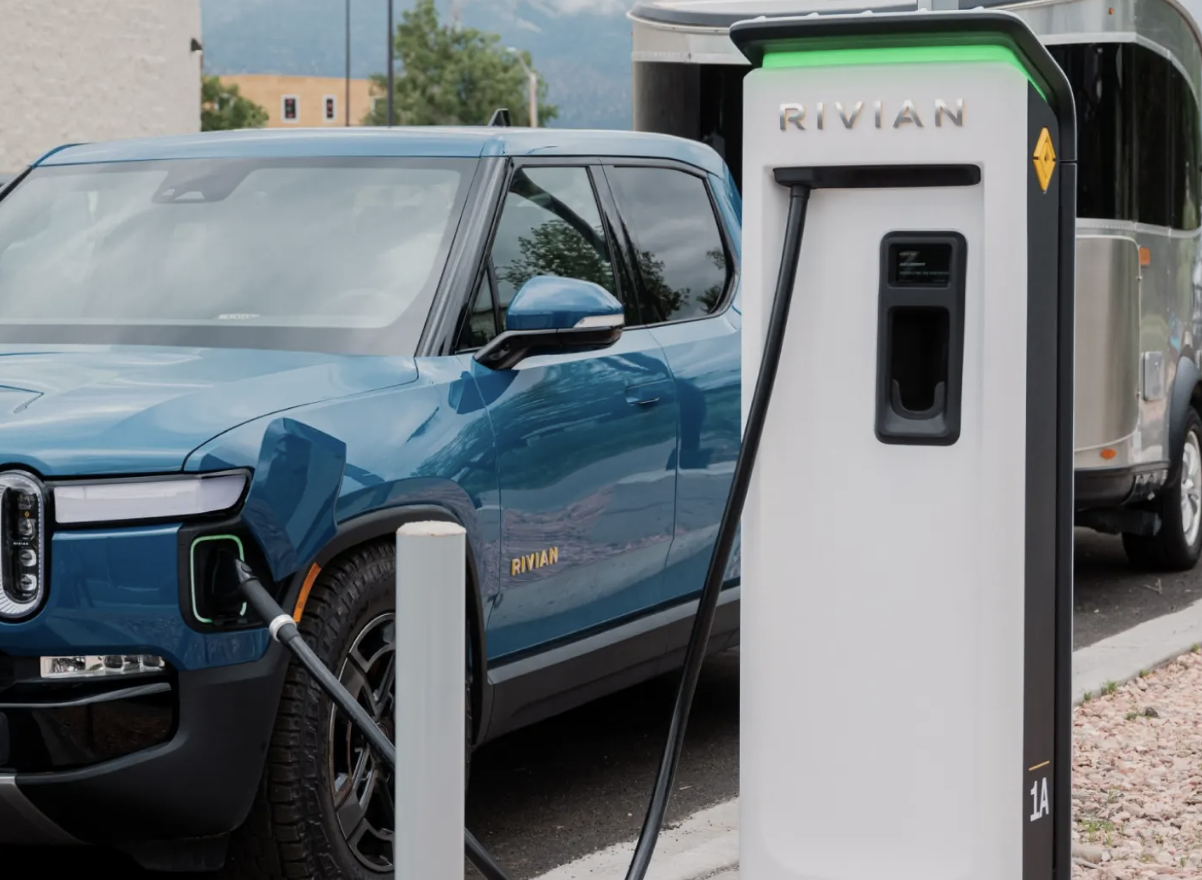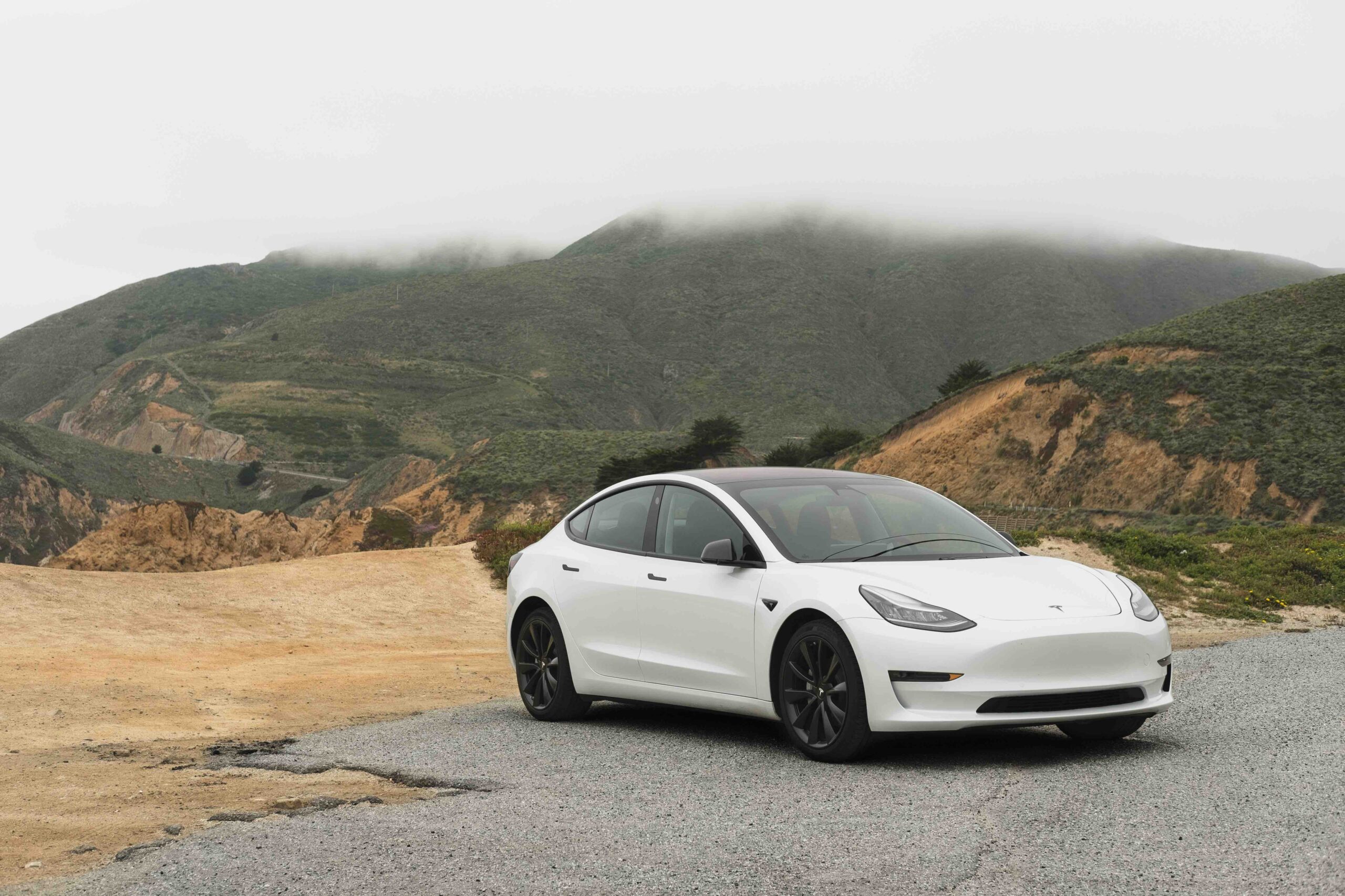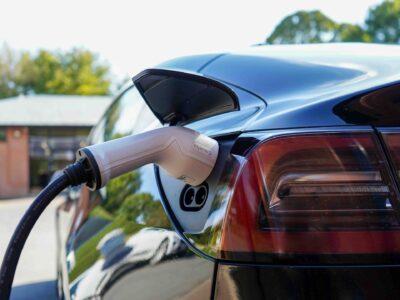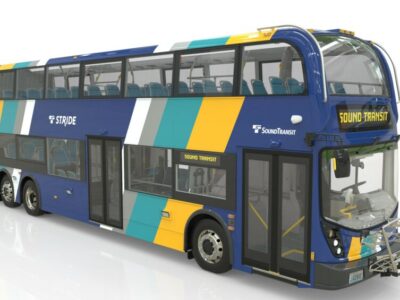Atlas Public Policy released data showing a 9% increase in electric passenger vehicle sales in 2023. September had the highest sales rate, with more than 136,000 units sold. That led to over 1 million electric vehicles (EVs) sold in the U.S. in a calendar year. It’s a milestone for car companies and consumers everywhere.
Tesla was once again the leading manufacturer. Elon Musk’s EV company sold 59,000 cars in September.
The company also implemented the North American Charging Standard, with multiple car manufacturers switching to Tesla’s charging standard in 2025 or earlier. The National Electric Vehicle Infrastructure program also mandated universal charging at Tesla Superchargers by July 2024.
Toyota followed behind Tesla with 6,000 EV sales. The RAV4 Prime was the best-selling vehicle for the automaker, which has been slower with its EV rollout.
However, the company announced several electric updates this year. Toyota will stay in the electrification race to keep up with the changing business landscape. However, it will continue to promote hybrid and plug-in hybrid cars as a more efficient solution to the carbon dioxide emission problem.
Rivian sold around 5,000 vehicles in September, a 59% increase from August sales. Rivian has successfully deployed its charging network while supplying more fleet vehicles to Walmart and Amazon. In an October press release, the company announced new production space in Georgia is coming soon.

Photo Courtesy Rivian
Even with this milestone, the U.S. lags behind China, Germany, and Norway in the EV adoption race, according to the Electric Vehicle Outlook 2023 by BloombergNEF. It is because of minimal reliable public charging stations in rural America, apprehension about EV reliability, and vehicle prices.
Car manufacturers are doing their best to get more drivers into electric cars. Tesla plans to drop the price of their best-selling EVs like the Model Y and Model S. They will produce a new affordable model soon. The Cybertruck finally debuted this fall, adding to Musk’s extensive line of vehicles. The Model 2 is being worked on now, and Musk says it will cost less than $25,000.
Chevy is revamping the Chevy Bolt and Bolt EUV. While there won’t be a 2024 model, the company plans to launch the next-gen Bolt in 2025. The price for the 2023 Bolt dropped regardless. General Motors is trying to clear out as many EVs sold as quickly as possible to hit their corporate ESG goals.

Photo Courtesy Chevy
Some dealerships are reluctant to transition to fully electric sales in the coming years. More than 4,000 dealerships wrote a letter asking the president to slow the ratification of EV-only policies.
The letter, called Voice of the Customer, has outlined shortcomings of public charging and lack of demand from customers. The dealers claim EVs needing to sell are filling up dealership lots. These 4,000 dealers believe electric car demand isn’t high enough yet and they don’t want to switch to selling only EVs in the next decade.
Fred Lambert at Electrek quickly jumped on this, noting how there are 18,000 car dealerships in the nation. These 4,000 represent a fraction of the whole picture. He also said the auto industry dealt with a slowdown in interest in the post-COVID era.
Gas-powered cars also remain unsold, filling a lot of space. Inflation and dealers’ increasing prices on EVs are the true determinants of sales. Location and state/local mandates play a role when discussing the reason for slower electric sales.
“Anyone taking the current demand situation with EVs as an excuse to slow down the transition is being completely short-sighted,” Lambert wrote in his closing argument.
Thankfully, myths about EV reliability have been debunked by federal agencies. While each EV has a drawback, many aren’t dissimilar to those found in gas-powered cars.
Selling 1 million EVs is a massive achievement. If the government is serious about its decarbonization plan, more zero-emission cars and trucks must enter the transportation system. The Inflation Reduction Act is aiding consumers with its clean vehicle tax breaks, but it will still take time for people to transition.





